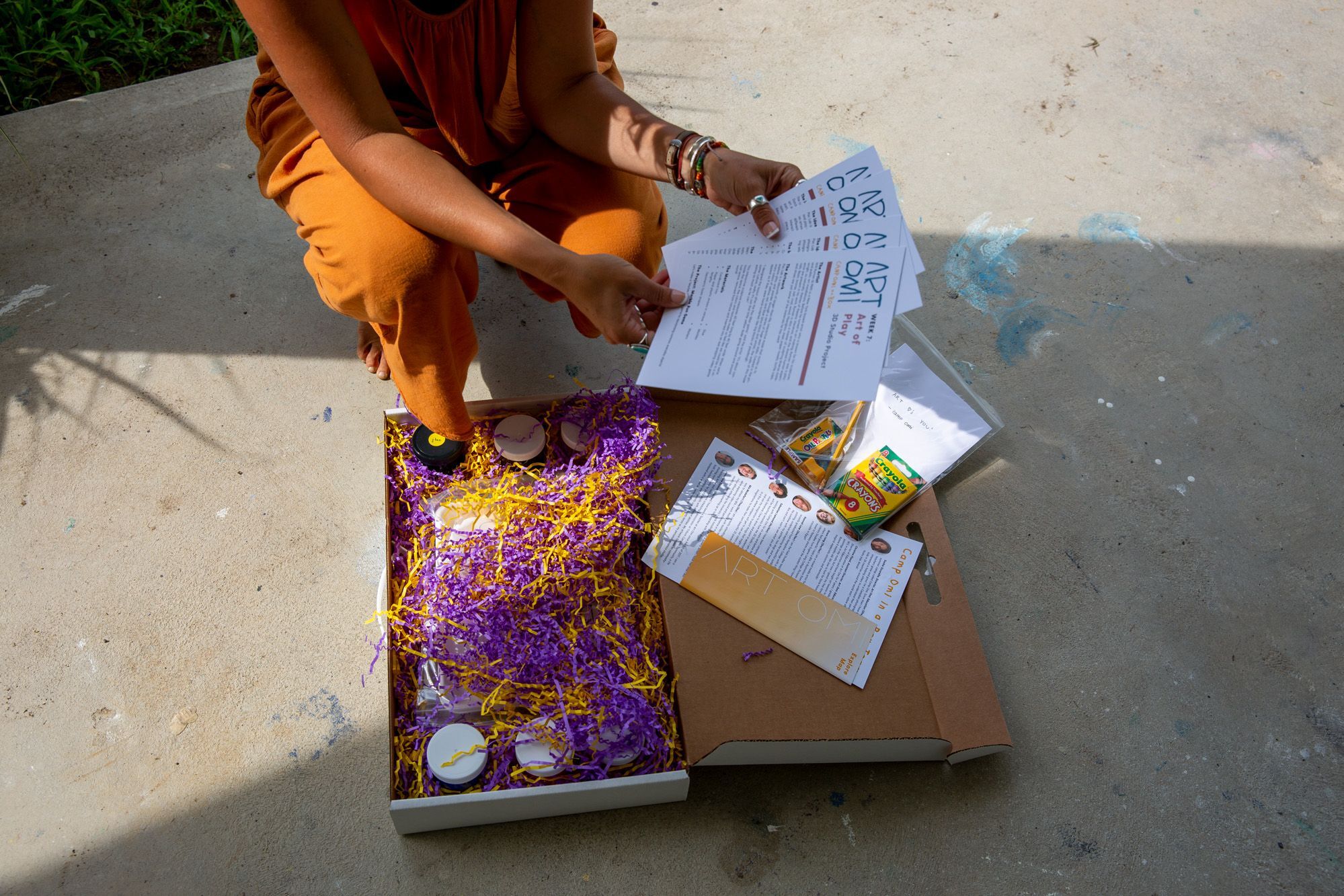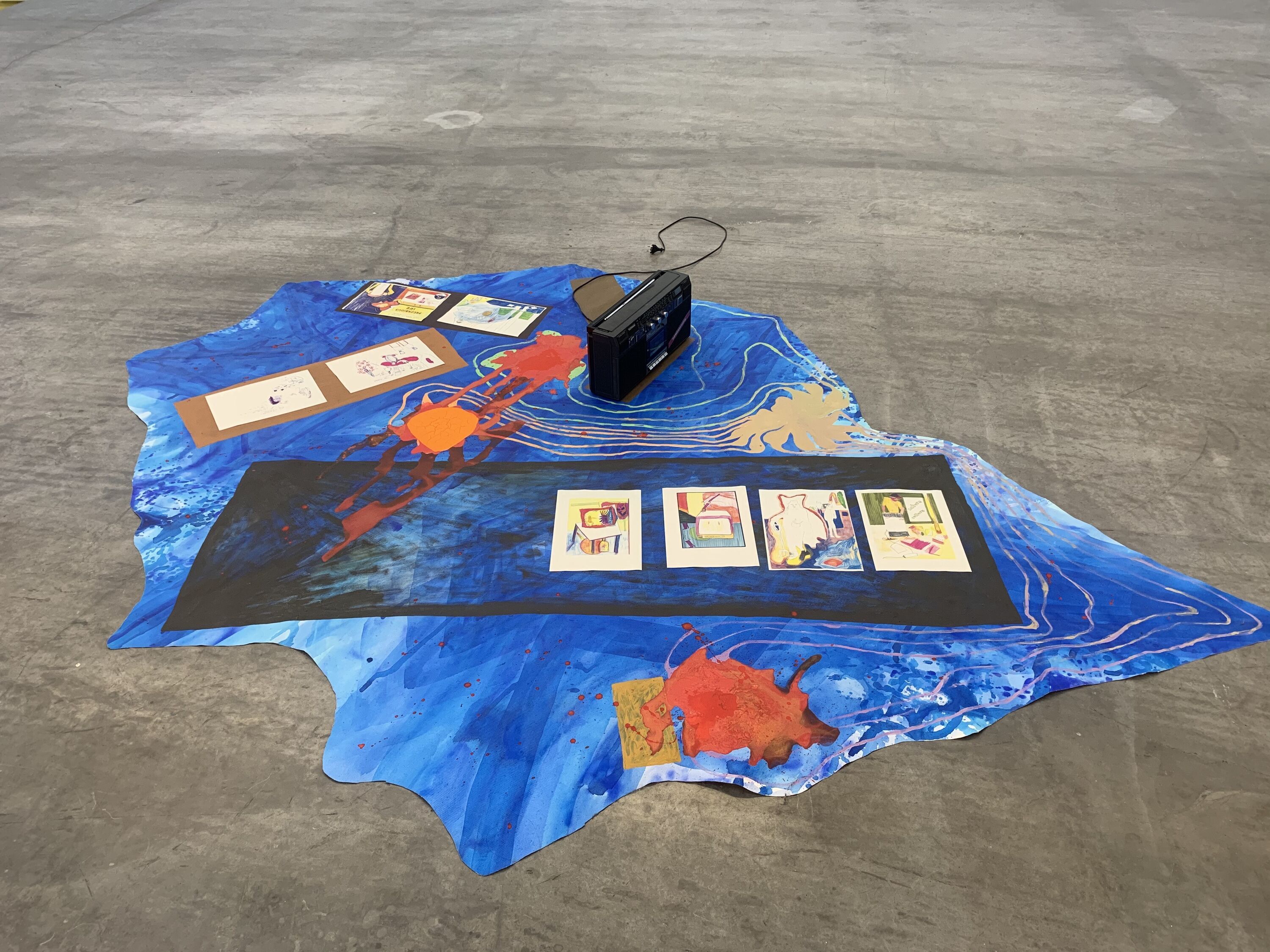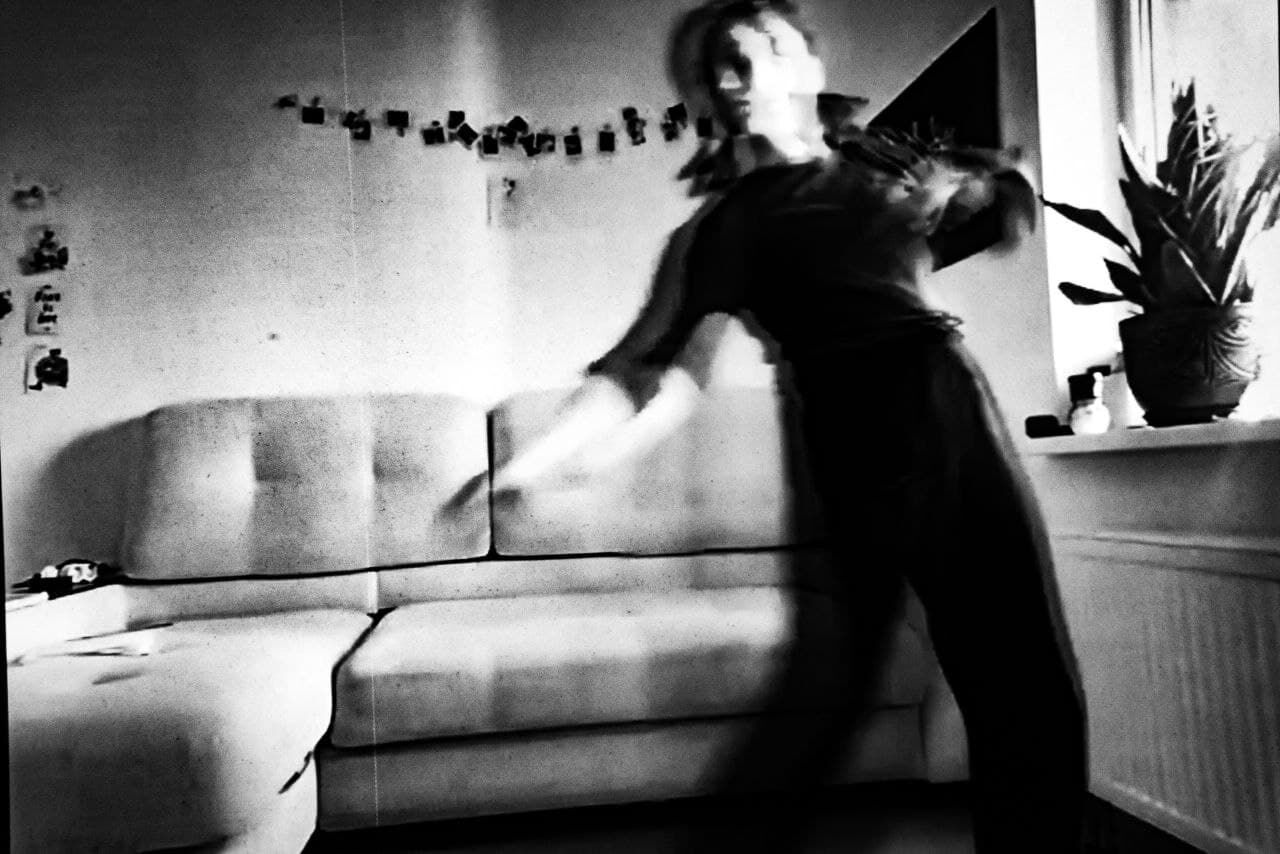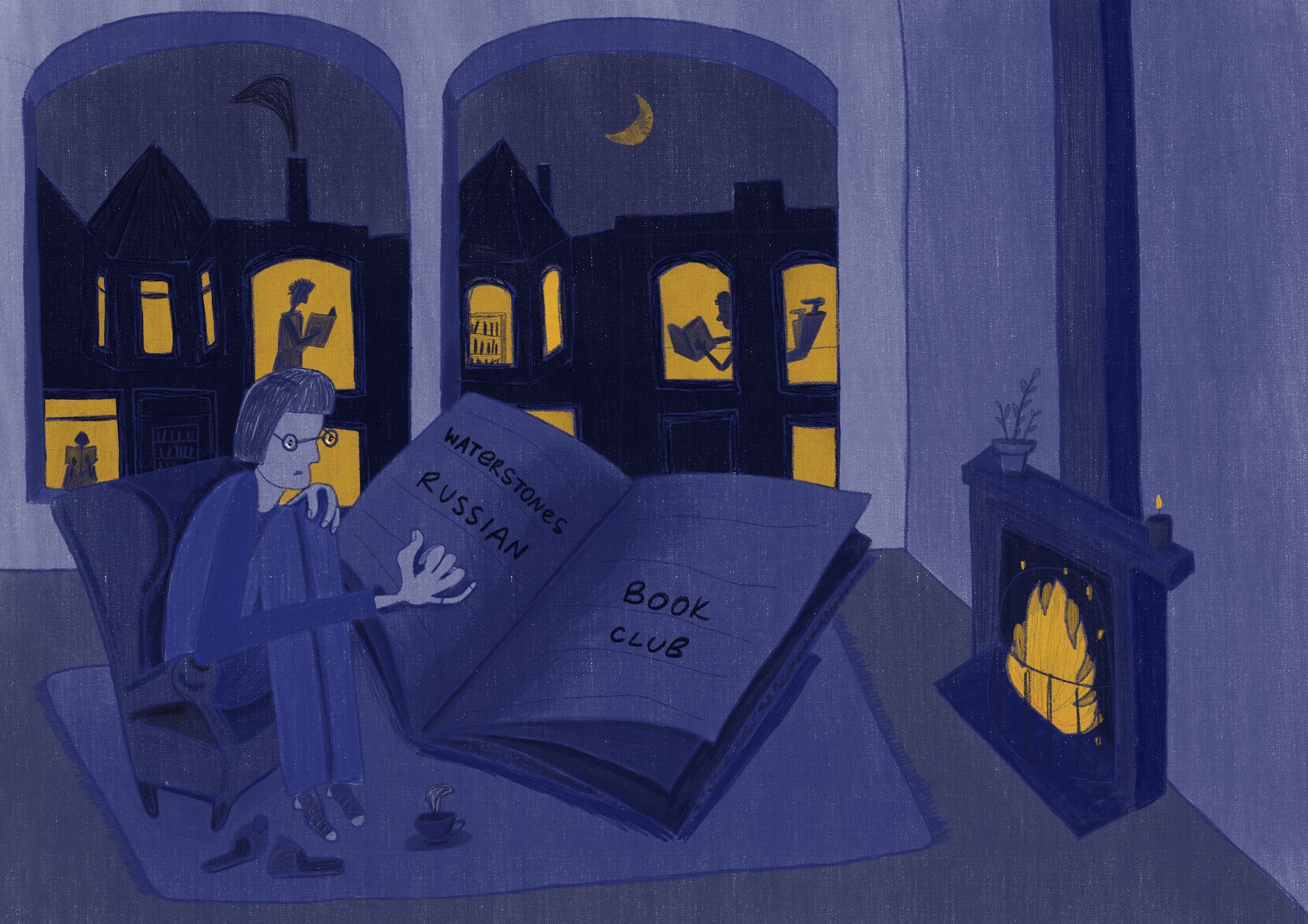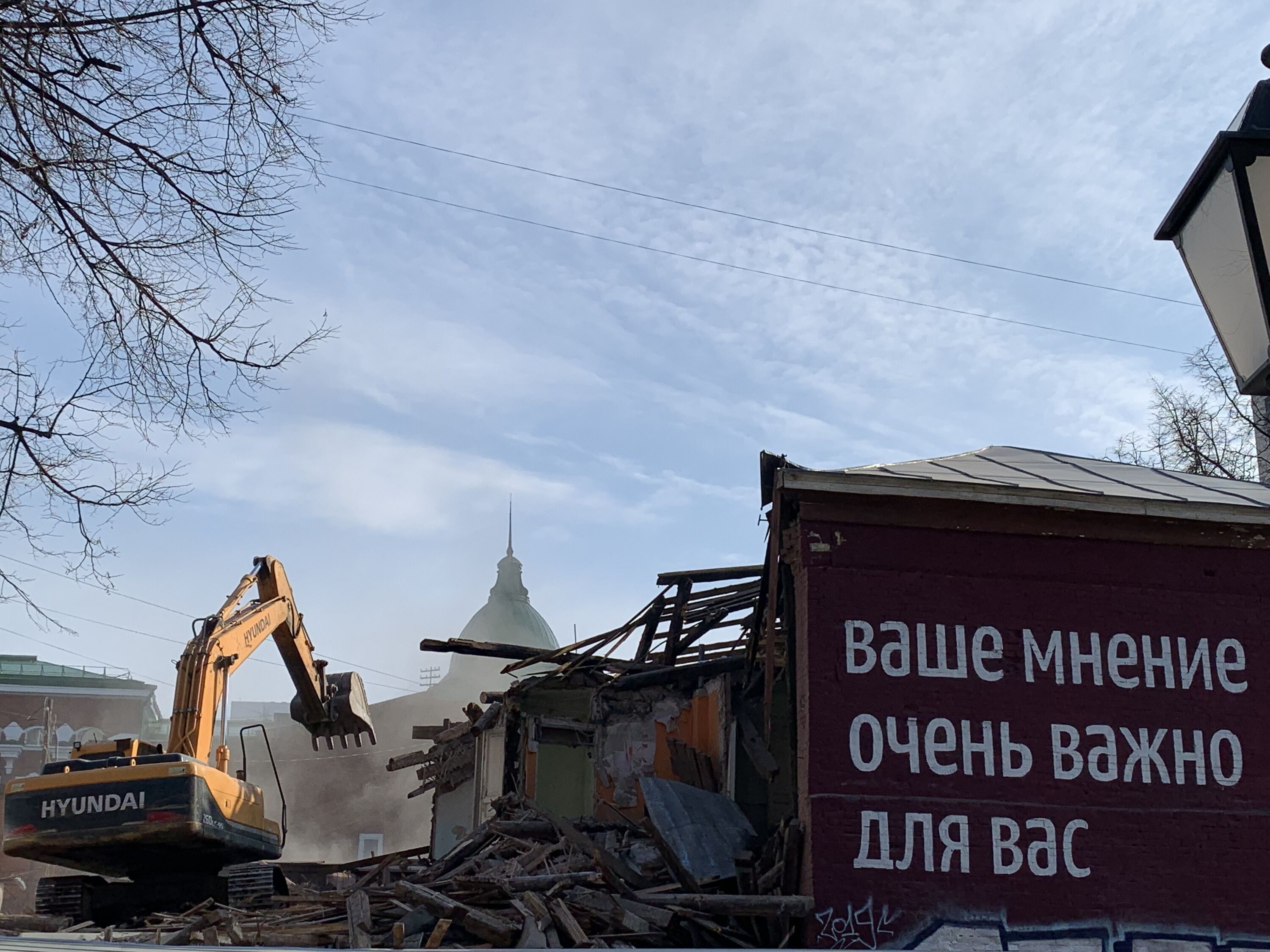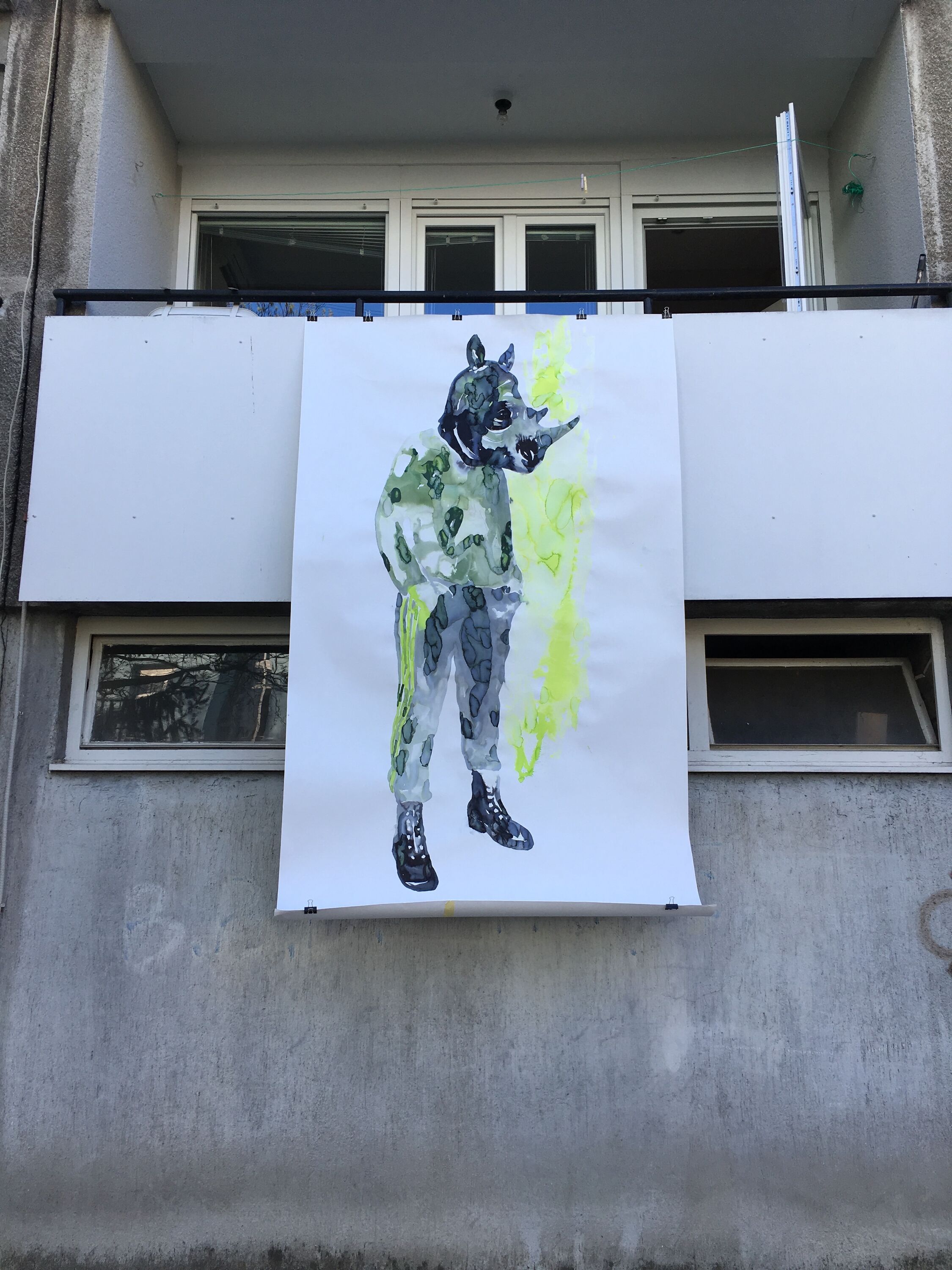Articles by keyword "COVID-19"
The art world was already experiencing a profound crisis before the COVID-19 pandemic, but the discourse until that point had largely focused more on the hopelessness of the situation, rather than the possibility for meaningful change. The massive market disruption caused by the virus outbreak created an immediate shift away from consumption of physical objects both into the digital realm of social media and virtual, participatory art experiences and beyond traditional gallery walls into outdoor art venues. A liquid consumption model has emerged in new models such as NFTs that function like unique objects for digital artworks.
In the summer of 2020, the a-disciplinary platform K moved into the exhibition space of Lothringer 13 Halle in Munich. The event This House Is Not a Home that K organized there functioned both as an exhibition space for gallery visitors and also as a social format for meeting and sharing. Over the course of the intervention, more than 50 participants came together to inhabit the space, share their skills in art and other disciplines, eat together, and use the infrastructure. The space was furnished with artistic contributions that represented individual participants and were also functional.
This essay documents and analyzes dance practices during the COVID-19 lockdown in Moscow and Saint Petersburg. The aim of the paper is to investigate corporeality in lockdown through dancers’ own accounts. The essay uses the concept of ‘thinking through the body’ to conceptualize the experiences described in the interviews by performers and dance practitioners, including both professional and non-professional dancers.
The Waterstones Russian Book Club (WRBC) is the largest Russophone book club in Britain. In the pre-pandemic era, the book club members used to meet once per month at the Waterstones Piccadilly to discuss contemporary Russian literature, but following the announcement of the lockdown in Britain in March 2020, they decided to go online for the first time. This article explores the transition of the WRBC from an offline to an online setting, as well as its effect on the mission of the book club and the members’ reading identities.
The discussion was organized by The Garage Journal as a part of the eighth edition of Cosmoscow International Contemporary Art Fair. It was held at the Gostiny Dvor in Moscow on the 13th of September, 2020. Speakers were invited to reflect on the changing role of the museum as a social institution in Russia during the COVID-19 pandemic and other global crises. They discussed Russian museums’ strategies for interacting with their audiences and fundraising, as well as other aspects of museum work that are particularly important in crisis situations.
Titled ‘After Crises: Art, Museums, and New Socialities’, the issue explores a variety of crises and socialities from a range of perspectives, including the ideas of (in)visibility, (dis)continuation, and (non)representation. Paying attention to different kinds of crises (political, social, economic, health, and other), the issue surveys a range of cultural contexts, including Japan, Hong Kong, Russia, and the United States, and explores how new socialities are replacing existing identities.

